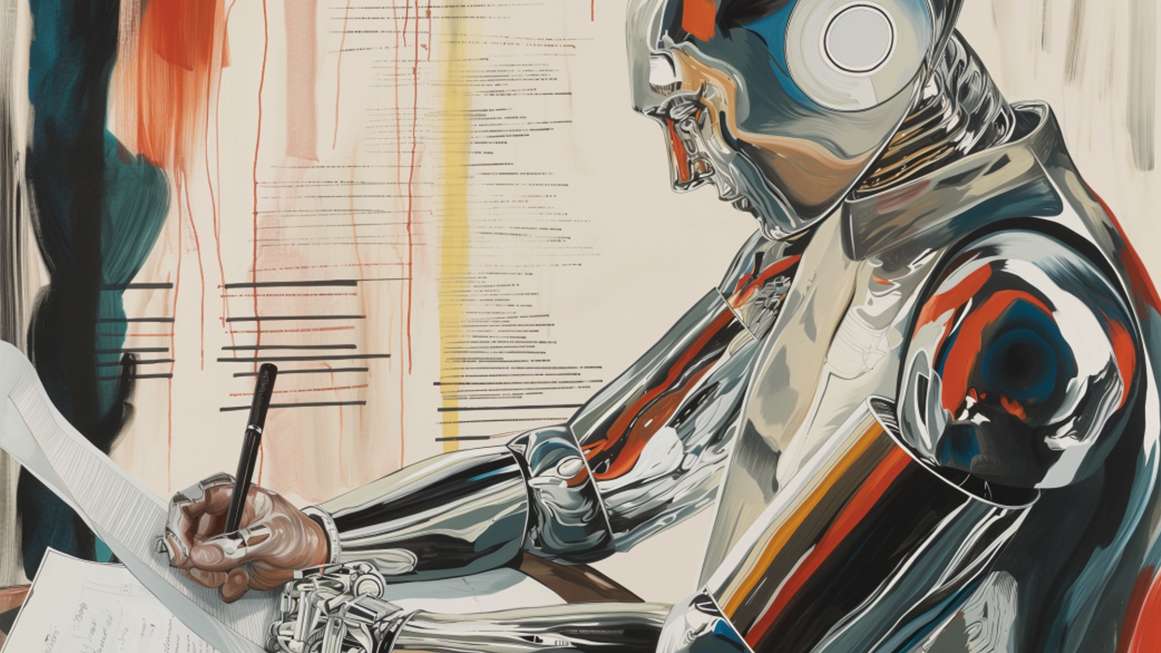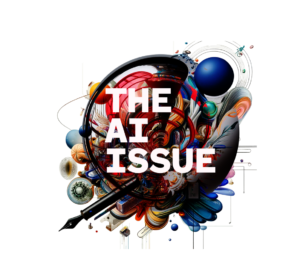Doctor’s appointments are often a hassle, with long wait times and brief consultations. However, artificial intelligence is revolutionizing the healthcare industry by streamlining processes for both doctors and patients. Companies like Nabla and Glass Health are leveraging AI to enhance the quality of care provided.
Physicians have traditionally struggled with the administrative burden of managing electronic health records (EHRs). The introduction of EHR systems in the digital age has led to increased documentation demands, with doctors spending hours updating records outside of regular working hours. This shift has been detrimental to patient care, as doctors are spending less time engaging with patients face-to-face.
To address these challenges, companies like Nabla have introduced innovative solutions like Copilot, an ambient AI scribe that automates clinical note-taking and record updates. By integrating with existing EHR systems, Copilot not only saves doctors time but also improves the accuracy and efficiency of documentation.
Similarly, Glass Health has transitioned from a note-taking platform to an AI-driven diagnostic tool that synthesizes medical literature to assist in treatment planning. While AI has the potential to enhance healthcare delivery, it is essential that it complements rather than replaces human decision-making in clinical settings.
The global AI healthcare market is projected to grow significantly in the coming years, with AI applications expanding beyond administrative tasks to include advanced medical diagnostics and predictive analytics. While AI may not replace doctors entirely, it has the potential to alleviate the administrative burden and allow healthcare professionals to focus on building relationships with their patients.






